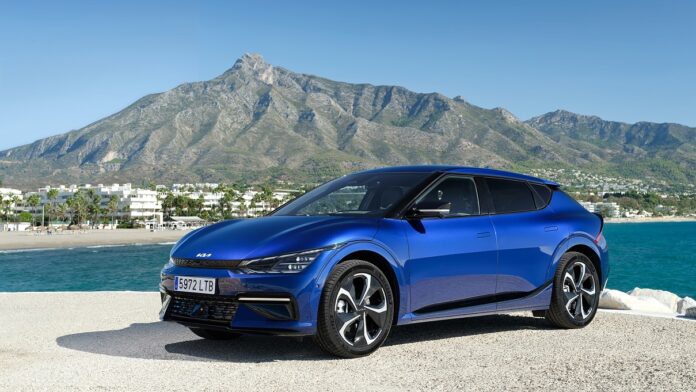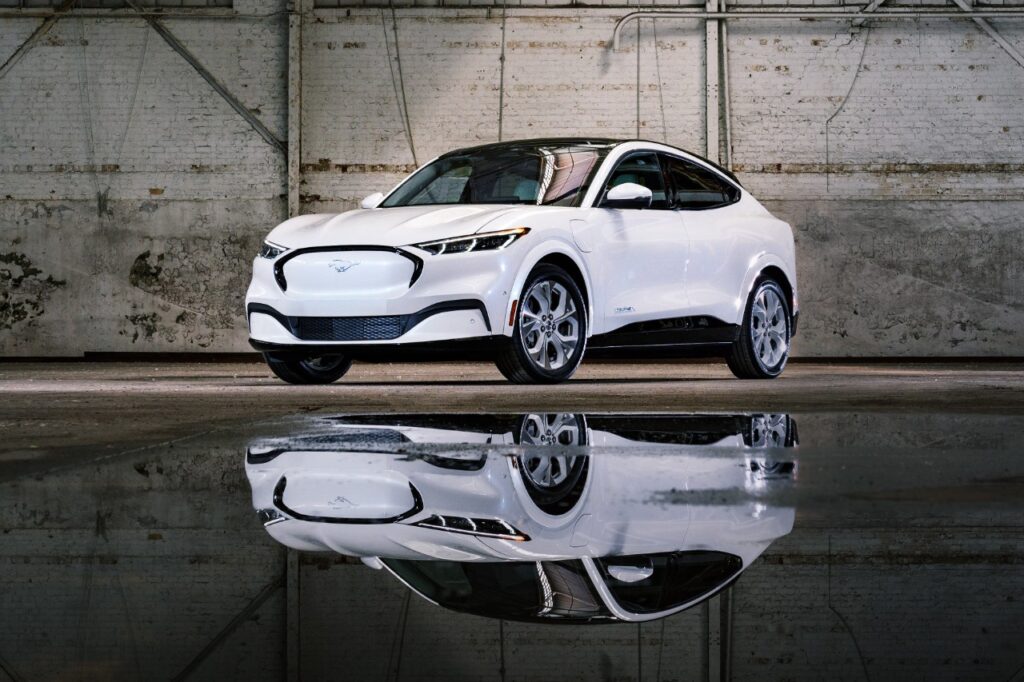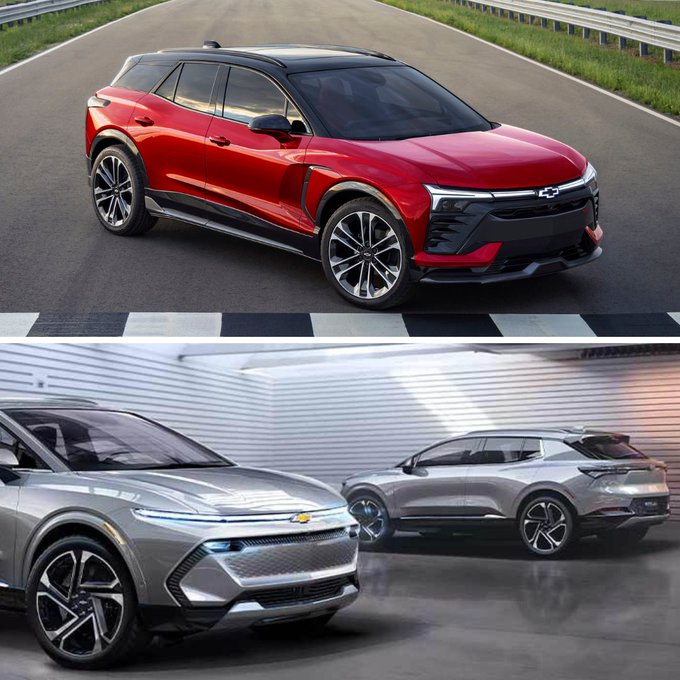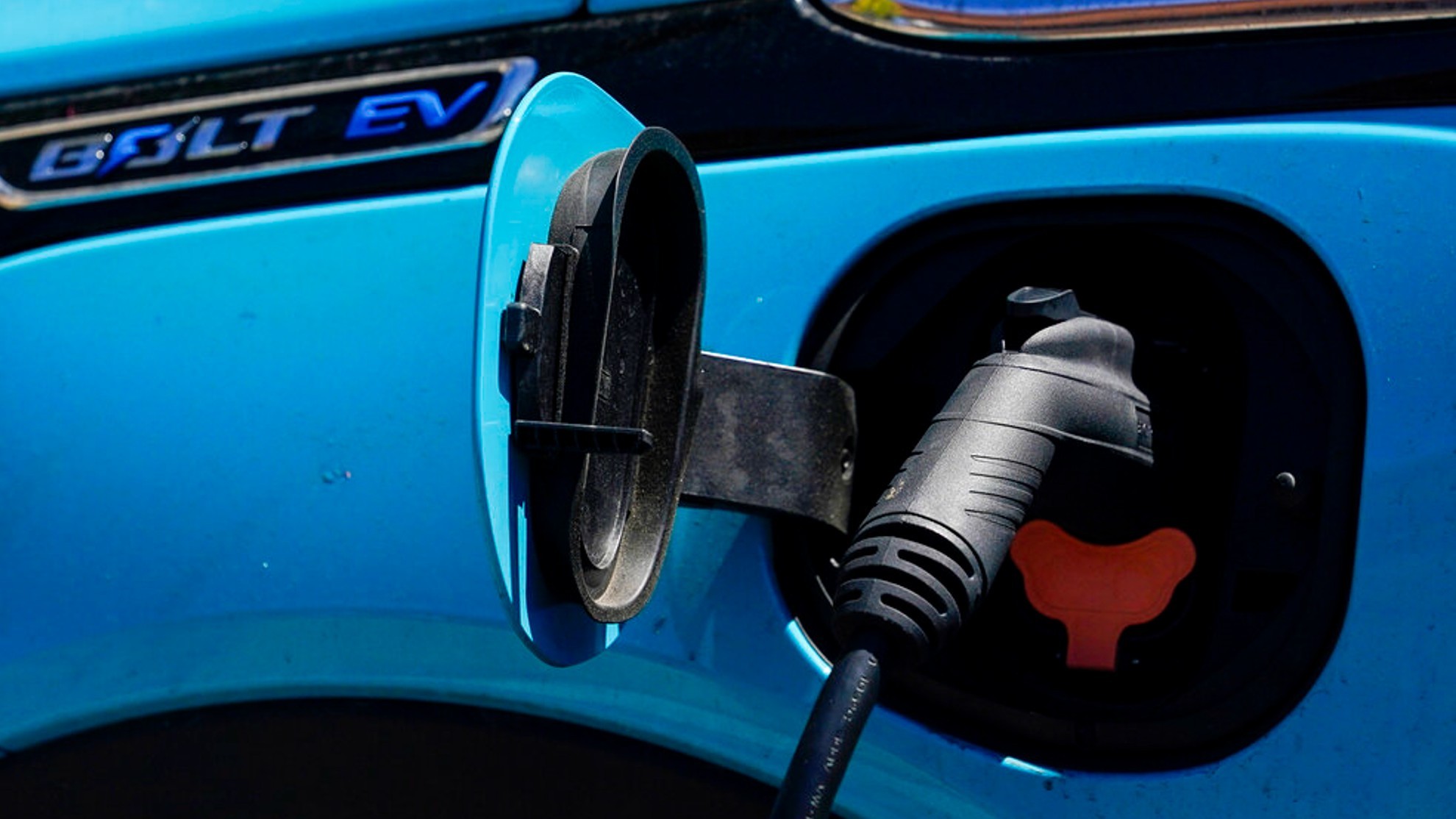
This article is definitely ideal for people who want to buy an electric car this year. The EV tax credit is a federal incentive designed to encourage people to buy electric cars.
It’s important to note that with tax season fast approaching, the 2022 credit won’t be the same if you buy an EV or plug-in hybrid after January 1, 2023.
Now, keeping up with the EV tax credit situation can be confusing, however, in this article we will clear all your doubts.
What is the EV tax credit and how do I get it?

What is the federal electric vehicle tax credit?
The federal electric vehicle tax credit was put in place to help stimulate the purchase and production of electric vehicles in the United States to help reduce emissions, curb global warming.
A federal tax credit is an amount that reduces the amount of tax money you owe the IRS when you file your taxes for the year. Likewise, it can effectively reduce the price of an EV.
- The credit was formerly known as the Plug-in Electric Motor Vehicle Credit
How to claim the EV tax credit

To claim an EV tax credit, buyers must purchase a qualifying EV. They should also make sure the dealer or manufacturer gives them a copy of the EV’s certification letter that describes the make, model, and tax year that would qualify their EV for a Clean Vehicle Credit.
Buyers must file the appropriate tax form (Form 8936) to claim the EV tax credit during the year the EV is placed in service. Your local tax professionals can help you figure out how to file correctly to get the highest possible credit value. If you file your taxes yourself, be sure to check the IRS website for a full explanation of Form 8936.
The Federal EV Tax Credit (2022 vs. 2023)

The changes involve manufacturer sales limits, assembly and sourcing restrictions, and income levels for eligibility.
2022 EV Tax Credit:
It is important that you know this information, because if you purchased an EV in 2022, this is the credit that can be applied to you. Thanks to previous legislation, the 2022 Federal Electric Car Tax Credit offers taxpayers up to $7,500 in a non-refundable credit on their 2022 taxes for the purchase of a new electric vehicle.
The only disqualifications from the credit were for electric or plug-in hybrid vehicles with a battery of less than 7kWh or vehicle models that have already reached the manufacturer’s sales limit of 200,000 units sold.
Thanks to tax law amendments provided by the Inflation Reduction Act, electric vehicles qualified under the prior tax law purchased after August 16, 2022, and before January 1, 2023, must also be assembled in North America. North to qualify for the Tax Credit.
2022 Audi Q5
2022 BMW 330e
2022 BMW X5 xDrive45e (PHEV)
2022 Chrysler Pacifica PHEV
2022 Ford E-Transit
2022 Ford Escape PHEV
2022 Ford F-150 Lightning
2022 Ford Mustang Mach E
2022 Jeep Grand Cherokee 4xe
2022 Jeep Wrangler 4xe
2022 Lincoln Aviator PHEV
2022 Lincoln Corsair PHEV
2022 Lucid Air
2022 Nissan Leaf
2022 Rivian EDV
2022 Rivian R1S
2022 Rivian R1T
2022 Volvo S60 Recharge
2023 BMW 330e
2023 BMW X5 xDrive45e (PHEV)
2023 Jeep Grand Cherokee 4xe
2023 Jeep Wrangler 4xe
2023 Lincoln Aviator PHEV
2023 Mercedes EQS SUV
2023 Nissan Leaf
There are some important changes in actual taxpayer eligibility for the 2023 credit. Before January 1, there is no income threshold or vehicle price requirement to claim the Clean Vehicle Credit, but for tax year 2023, this situation switch to.
2023 Electric Vehicle Tax Credit
The IRS has published a list of vehicles that qualify for the credit, but it is presumed that this could be changed in the future. The new Clean Vehicle Credit took effect after January 1, 2023 and was extended through December 2032. This credit provides the same amount of non-refundable credit as before ($7,500), but there are several changes from the new EVs (Battery Electric Vehicles) and PHEVs (Plug-in Hybrid Electric Vehicles).
The upcoming EV tax credit only applies to new electric cars with an MSRP of $55,000 or less, and zero-emission electric SUVs, trucks, or vans with an MSRP of $80,000 or less. Additionally, there are new requirements regarding battery components and critical minerals that can qualify or disqualify vehicles, even if assembled in North America and below the price threshold, and these come in two parts:
critical minerals
The law states that $3,750 of the tax credit requires that “the value of critical battery minerals be mined or processed in the United States or a US free trade agreement partner or recycled in America of the North” in 2023 is 40%.
battery components
By 2023, at least 50% of battery components must be made or assembled in North America to qualify an EV for the next $3,750 of the Clean Vehicle Credit. There are also provisions in the law that include settlement partner materials of free trade, making the eligibility requirements for each vehicle even more complicated while making better allowances for source materials.
For more information on the exact terms of the new Clean Vehicle Credit material requirements, see the Department of Energy’s Electric Vehicle Tax Credit explain page.
Based on the most recent IRS data, these are the manufacturers and models that qualify for the Clean Vehicle Credit, including their MSRP price limit:
2023 Audi Q5 TFSI e Quattro (PHEV) – $80,000
2021, 2022, 2023 BMW 330e – $55,000
2021, 2022, 2023 BMW X5 xDrive45e – $80,000
2022, 2023 Ford Escape Plug-In Hybrid – $80,000
2022, 2023 Ford E-Transit – $80,000
2022, 2023 Ford F-150 Lightning – $80,000
2022, 2023 Ford Mustang Mach-E – $55,000
2022, 2023 Lincoln Aviator Grand Touring – $80,000
2022, 2023 Lincoln Corsair Grand Touring – $55,000
2022, 2023 Chevrolet Bolt – $55,000
2022, 2023 Chevrolet Bolt EUV – $55,000
2022, 2023 Cadillac Lyriq – $55,000
2021, 2022, 2023 Nissan Leaf S – $55,000
2021, 2022 Nissan Leaf S Plus – $55,000
2021, 2022 Nissan Leaf SL Plus – $55,000
2021, 2022 Nissan Leaf SV – $55,000
2021, 2022, 2023 Nissan Leaf SV Plus – $55,000
2022, 2023 Rivian R1S – $80,000
2022, 2023 Rivian R1T – $80,000
2022, 2023 Chrysler Pacifica PHEV – $80,000
2022, 2023 Jeep Wrangler 4xe – $80,000
2022, 2023 Jeep Grand Cherokee 4xe – $80,000
2022, 2023 Tesla Model 3 Rear Wheel Drive – $55,000
2022, 2023 Tesla Model 3 Long Range – $55,000
2022, 2023 Tesla Model Y All-Wheel Drive – 7 seat variant (3-rows) – $80,000
2022, 2023 Tesla Model Y Long Range – 7 seat variant (3-rows) – $80,000
2022, 2023 Tesla Model Y Performance – 7 seat variant (3-rows) – $80,000
2022, 2023 Tesla Model Y All-Wheel Drive – 5 seat variant (2-rows) – $55,000
2022, 2023 Tesla Model Y Long Range – 5 seat variant (2-rows) – $55,000
2022, 2023 Tesla Model Y Performance – 5 seat variant (2-rows) – $55,000
2023 VW ID.4 – $55,000
2023 Volkswagen ID.4 Pro – $55,000
2023 Volkswagen ID.4 Pro S – $55,000
2023 Volkswagen ID.4 S – $55,000
2023 Volkswagen ID.4 AWD Pro – $80,000
2023 Volkswagen ID.4 AWD Pro S – $80,000
2022 Volvo S60 (PHEV) – $55,000
2022 Volvo S60 Extended Range – $55,000
2023 Volvo S60 T8 Recharge (Extended Range) – $55,000
PHEVs will also qualify for the credit if they meet the same requirements we already covered and have a battery of more than 7kWh.
One more change to the 2023 law from the previous 2022 tax credit requirements is that people are no longer eligible to claim the Clean Vehicle Credit if they file an individual return with income of more than $150,000 per year, along with a combined income of $300,000 per year, or as the head of household at $225,000 per year. This will inevitably exclude quite a few new EV buyers from taking advantage of the credit.
Used Electric Vehicle Tax Credit 2023

For the recently legislated Used Electric Vehicle Tax Credit (officially known as the Previously Owned Clean Vehicle Credit), there is good news and bad news:
The positive:
It’s that the used electric vehicle tax credit is finally available for 2023. Many are excited that lawmakers are finally seeing the value in encouraging people to buy a used electric vehicle. The non-refundable credit is in the amount of $4,000 or 30% of the used EV’s sales price (whichever is less).
The negative:
Unfortunately, the used electric vehicle credit has some pretty strict restrictions on who can take advantage of it and which used electric vehicles qualify:
- Those with a Modified Adjusted Gross Income (MAGI) of more than $75,000 individually, $150,000 jointly, or $112,500 as head of household are not eligible to claim the used EV credit
- Pre-owned electric vehicles must be purchased 2 years after the model year
- The sale price of the used EV must not exceed $25,000
- Vehicle can only have had one previous owner and only qualifies for the credit once
- Each individual can only claim one EV credit used in a 3-year period
- Sale must be made through a qualified dealer
The current used electric vehicle tax credit law does not cover private sales of used electric vehicles.
Previously owned clean vehicle credit-eligible electric vehicles may also still have to meet the same final assembly requirements as those that would qualify for the credit when new (but may be exempt from battery and component component restrictions). critical minerals). However, most commentators on the used electric vehicle tax credit do not seem to think this will be the case.
At this time, there is no exhaustive list of qualifying pre-owned EVs, but based on the extremely low price limit of $25,000, chances are you’ll be looking at the following cars:
bmw i3
Chevrolet Bolt
Chevrolet Spark
FIAT 500e EV
Ford Focus Electric
Ford Transit Connect Electric Cargo Van XLT
Hyundai Kona Electric
2023 Hyundai Nexus
Kia Niro Electric
2022 Kia Soul Electric
Mercedes-Benz B-Class Electric Drive
2023 Nissan Leaf
Smart fortwo EV
Tesla Model S (older 2012/2013 vehicles possibly under $25k in the used market)
toyota mirai
2023 Toyota RAV 4 EV
Volkswagen e-Golf EV
Opinions
We remind you that as 2023 begins, several popular electric vehicles, specifically some models from Tesla and General Motors, could be eligible for tax credits. Also keep in mind that an EV tax credit is an amount you can claim to reduce your tax burden. If you purchase a qualifying vehicle, you would use IRS Form 8936 to calculate the amount of your credit.
Writing gossipvehiculo
It may interest you The cheapest electric cars in the USA
